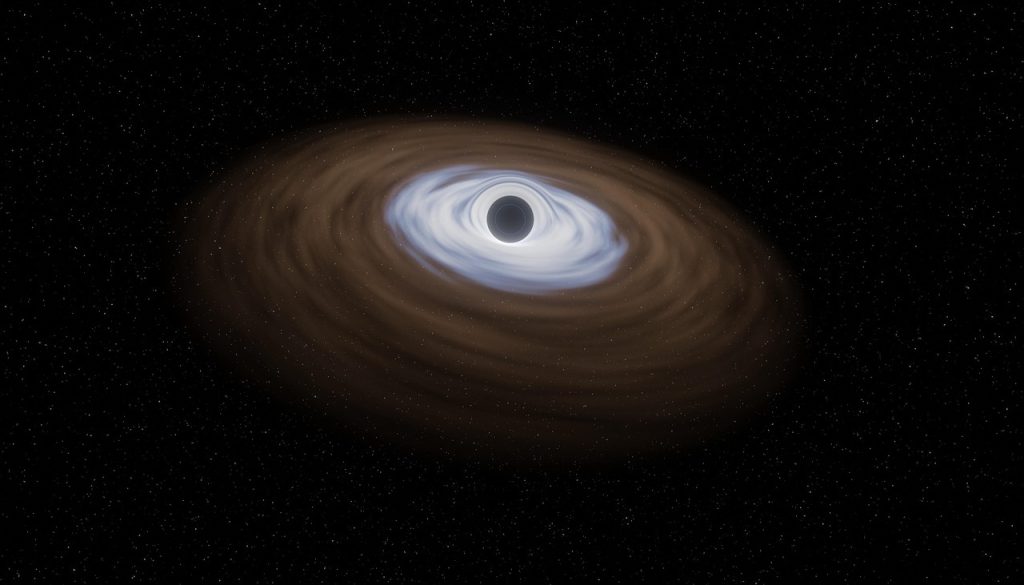Could Lasers and Nanocrafts Unlock the Secrets of Black Holes?
Others are reading now
For as long as people have looked up at the night sky, black holes have sparked both fear and fascination.
These invisible giants bend space and time, swallowing anything that crosses their path. We cannot see them directly, but we can measure their pull and watch how stars move around them.
They are one of the greatest mysteries in the universe. Now, some scientists are asking if one day we could get close enough to study them directly.
A Tiny Spacecraft
Cosimo Bambi, an astrophysicist at Fudan University in China, has suggested an ambitious idea. He believes that in the next hundred years we might be able to send a spacecraft toward a black hole, according to Videnskab.
Not a giant rocket, but a tiny probe the size of a large stamp. This probe could travel at one third the speed of light and send back data.
Also read
That would allow scientists to test the laws of physics under the most extreme conditions imaginable.
The challenges are enormous. First, we would need to find a black hole close enough to reach. The nearest known one is about 1,560 light years away, far too distant.
Bambi argues there could be a hidden black hole only 20 to 25 light years from Earth. If discovered, that would make such a mission possible within a human lifetime.
Many Obstacles
The second challenge is speed. A normal spacecraft would take thousands of years. Instead, Bambi points to projects like Breakthrough Starshot, which is working on nanocrafts—tiny probes powered by lasers from Earth.
These could reach incredible speeds. If perfected, such a system could get a probe to a nearby black hole in about 70 years.
Also read
Experts agree the idea is not impossible, but they see many obstacles. A laser powerful enough to push a probe could also be used as a weapon.
The probes themselves would be fragile and could be destroyed by a single dust particle in space. Communicating across such vast distances would also be a huge problem.
Still, Bambi says it is worth dreaming. Space exploration has always started with bold ideas. What seems impossible today could become tomorrow’s reality.


